In 2013 Cyrus compared O’Connor to fellow bipolar sufferer Amanda Bynes in a mean outburst – but I doubt she would tweet the same way today

This week Sinead O’Connor, who has had long-documented struggles with bipolar disorder and other mental health issues, released a desperate video onto her Facebook, explaining that she felt suicidal.
In the video, titled #OneofMillions, she said: “’Mental illness, it’s like drugs, it doesn’t give a shit who you are, and equally what’s worse, it’s the stigma, it doesn’t give a shit who you are. Suddenly all the people who are supposed to be loving you and taking care of you are treating you like shit. It’s like a witch hunt.”
At the same time an old tweet surfaced from Miley Cyrus, written in 2013. She had screenshotted some of O’Connor’s tweets and written, “Before Amanda Bynes…. There was….”. Former teen-queen actress Bynes has also been through treatment for bipolar and manic depressive disorder. The weighted comparison was an awful statement for Cyrus to have made and she was immediately admonished by older, established musicians such as Boy George, who tweeted at her: “@mileycyrus Your kindness is overwhelming?”

But even so, my overwhelming feeling reading back over her tweet was that she wouldn’t have “got away” with it today. At the time there was an op-ed from Lucy Jones in NME, whowrote that “Cyrus is saying that because O’Connor has had mental health problems she is not in a position to comment or hold an opinion. Would she say the same if O’Connor suffered from a broken leg, or cancer?” A few British charities also called out her actions. But generally the response was muted.
So what’s changed?
Since 2013, and despite the pushback from the alt-right, politically correct culture has been on the rise, and society is more aware than ever about the seriousness of mental health. In the UK, dozens of mental health campaigns are currently being spearheaded by everyone from MPs, campaigners and even the Royal Family. The taboo of speaking out is slowly being stripped away.
And although Cyrus was called out for her cruel tweet, I think the backlash against her words nowadays would be a lot swifter and more pointed. It says a lot that Cyrus didn’t delete the tweet at the time – as of the time of writing (August 2017), it’s still up on her Twitter feed.
I understand the argument, as articulated Alexandra Pollard in this magazine last year, that “it often feels as if we hold pop stars to account with the same vitriol as we do politicians – but they never ran for this office.” Call out culture is real, and sometimes a toxic in itself, meaning celebrities, who are only human after all, are immediately labeled as role-models as soon as they’re given a pinch of fame. It’s especially true for women, who are given less leeway compared to men when it comes to how they are treated when they make a faux-pas.
“It’s particularly ironic, but unsurprising, that in 2015 Cyrus herself revealed that she had suffered from body dysmorphia as a teenager”
But when it comes celebrities publicly shaming people with mental health disorders I think a significant backlash would be warranted. It’s particularly ironic, but unsurprising, that in 2015 Cyrus herself revealed that she had suffered from body dysmorphia as a teenager, an anxiety disorder that causes a person to have a distorted view of how they look and to spend a lot of time worrying about their appearance.
Woke culture, has meant that more and more celebrities have spoken up about their struggles – from Stormzy and BBK member Jammer, to Zayn Malik and Little Mix star Jade Thirwall. And it’s become less and less acceptable to publicly make fun of them for doing so.
As O’Connor articulated so beautifully herself at the time of Cyrus’ tweets: “You have posted today tweets of mine which are two years old, which were posted by me when I was unwell and seeking help so as to make them look like they are recent. In doing so you mock myself and Amanda Bynes for having suffered with mental health issues and for having sought help.” She was right for captioning her most recent video #OneofMillions: it’s estimatedthat 1 in 4 people in the UK will experience a mental health problem each year.
But of course the other thing that’s interesting about this tweet resurfacing is that it coincides with Cyrus’ wholesome image coming back to the fore. The whole reason why Cyrus and O’Connor first started feuding was after it was claimed that Cyrus’ “Wrecking Ball” video closely resembled O’Connor’s Prince-penned 90s anthem, “Nothing Compares 2U”. O’Connor then wrote Cyrus an (admittedly patronising) open letter about her new aesthetic, telling her that “you will obscure your talent by allowing yourself to be pimped, whether (sic) its the music business or yourself doing the pimping”.
We’ve all witnessed the recent transformation of Cyrus from twerk-obsessed “rebel” to sandy-haired beach babe; seemingly a return to her Hannah Montana days of innocence. After her forays into gender-queerness she’s now plonked Liam Hemsworth’s engagement ring back on her finger and deemed the hip-hop phase (or arguably the black, culturally-appropriative phase) of her life over. The whole thing has been so staged it’s almost comical.
“Cyrus has now taken a step back from her sexualised image; perhaps not following O’Connor’s advice, but certainly thinking about it”
Cyrus has now taken a step back from her sexualised image; perhaps not following O’Connor’s advice, but certainly thinking about it enough to articulate the reasons why she doesn’t feel comfortable with explicitly misogynistic lyrics like: “Come sit on my dick, suck on my cock,” and the associated culture.
In an interview with Billboard she said: “I can’t listen to that anymore. That’s what pushed me out of the hip-hop scene a little. It was too much “Lamborghini, got my Rolex, got a girl on my cock” — I am so not that.” It was these comments she was quite rightly forced to apologise for, as many linked them to her discarding black, hip-hop and rap culture on a white-girl whim.
In contrast, she has never been forced to apologise for her 2013 comments about O’Connor: a true marker of the surge in PC culture in the past four years.
Ultimately, the message here is that O’Connor is an amazing woman who has done electrifyingly radical things, such as singing Bob Marley’s anthem “War” on Saturday Night Live and ripping up a picture of the pope to make a statement about child abuse scandals within the Catholic Church.
There is no shame in what O’Connor has done in posting a video of the nature she did – for any of the tweets, open letters, or public admissions she’s made about her mental health. And while PC culture is often reviled, I think it should also be celebrated for opening up conversations a few years ago we would have been too afraid to have without the threat of mainstream stigmatisation. And I reckon that Miley Cyrus would agree.





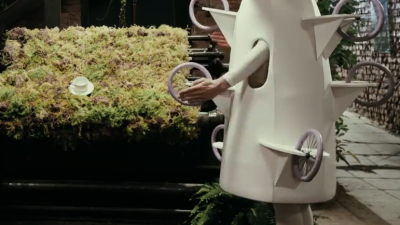



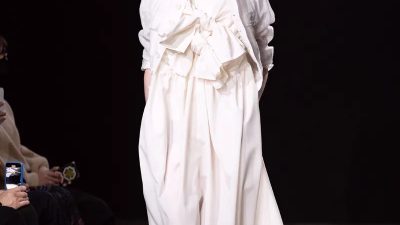




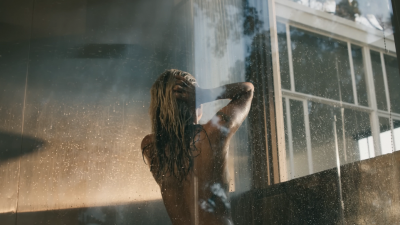
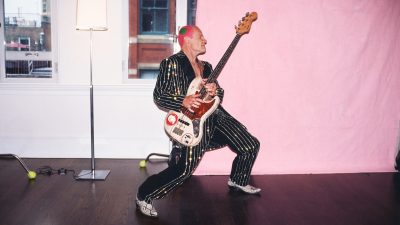
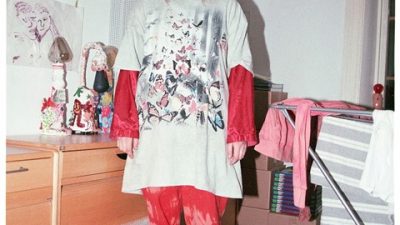







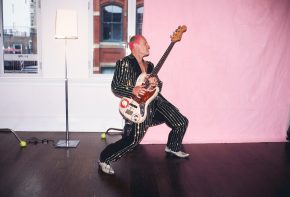
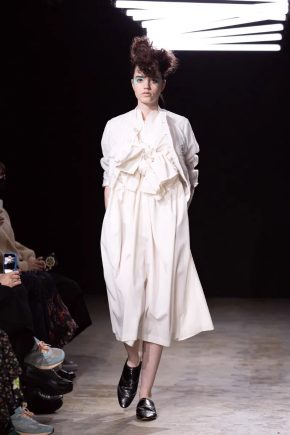
Comments